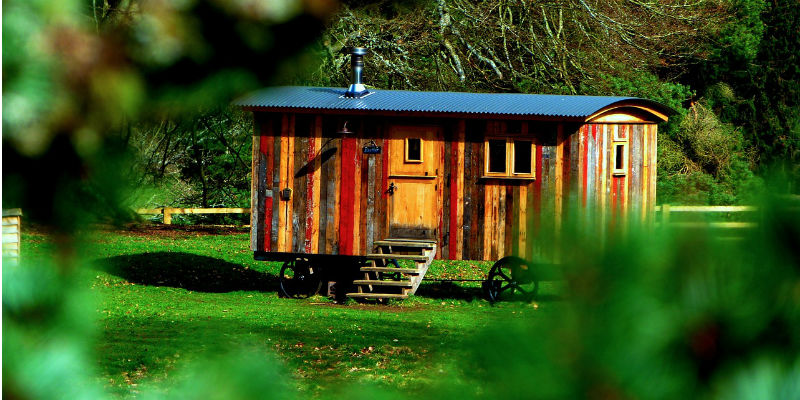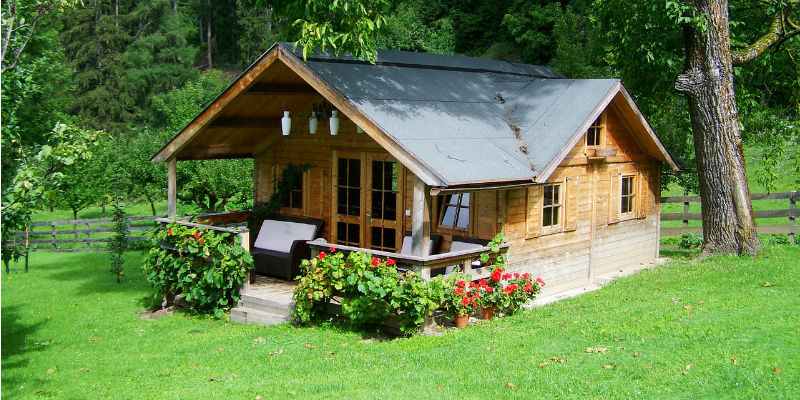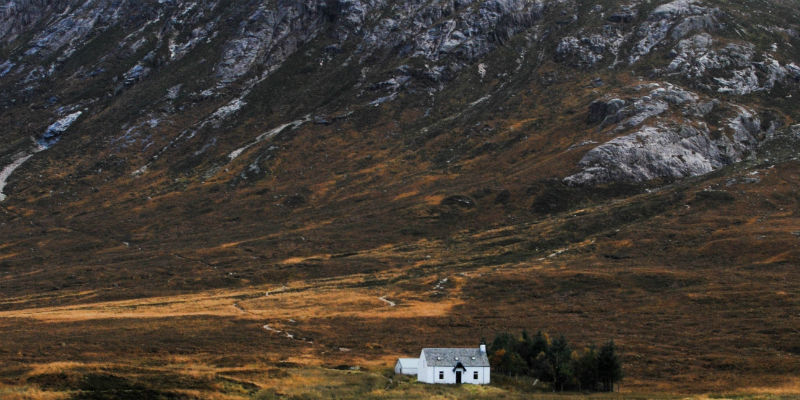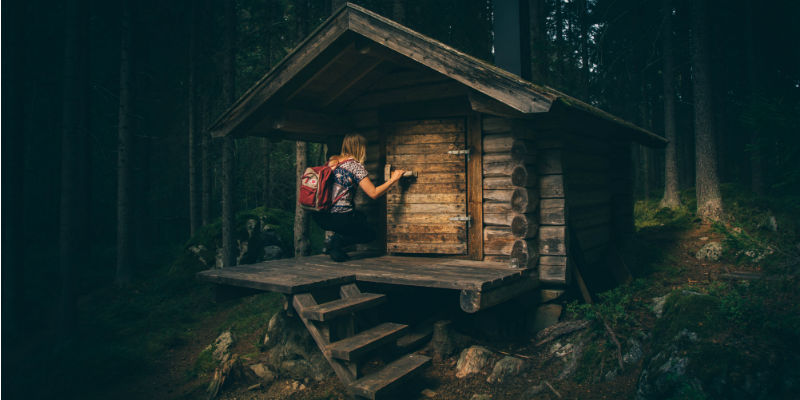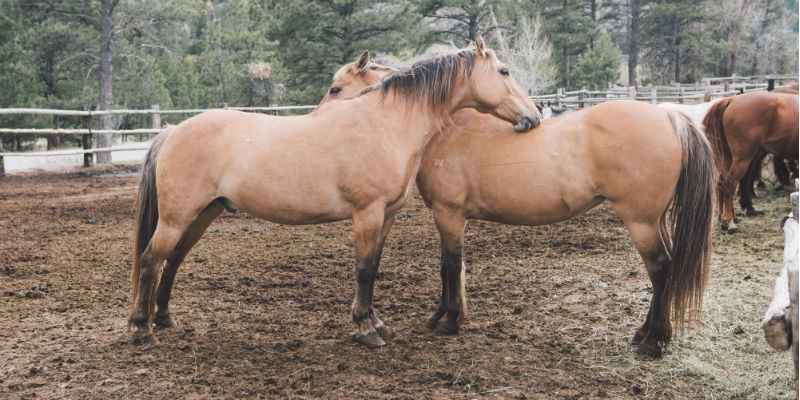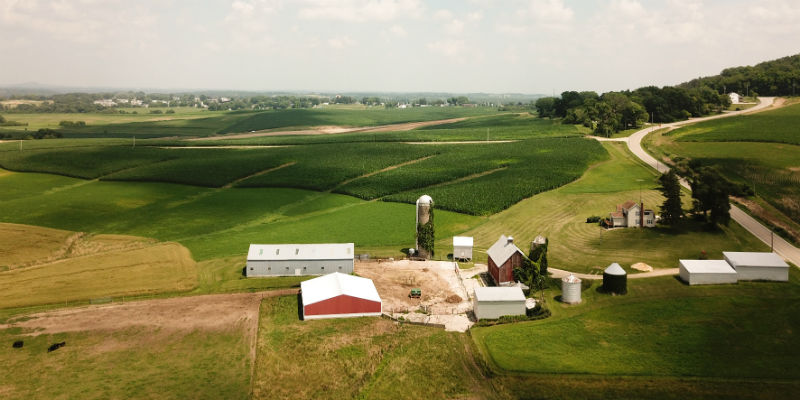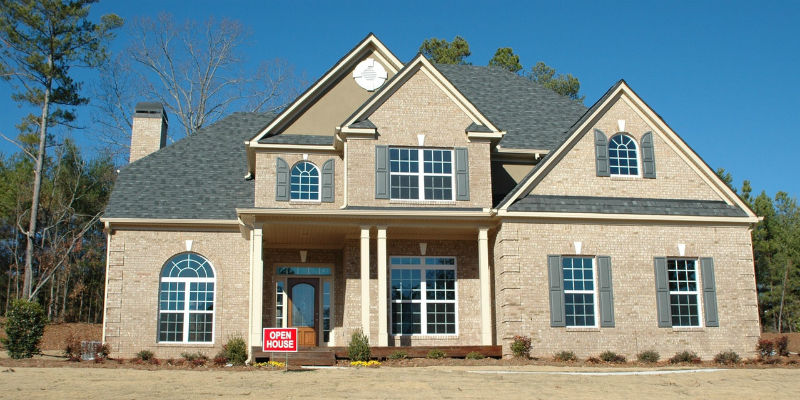Tiny House Building Regulations
Though the tiny house community continues to grow, it still isn’t legal to build them for full-time use. Zoning laws and tiny house regulations require a minimum square footage for new-construction homes. The journey to reduce this minimum is a slow and arduous one. But don’t give up just yet. You can count with your fingers how many cities have directly addressed tiny houses. Though there’s a lot of enthusiasm on tiny house living the zoning codes and tiny house regulations are often confusing. Most people feel intimidated to go to their local governments with their questions.
The recent activity in the community has been ran by grassroots organizers. They have pushed cities to accommodate tiny homes all by themselves. These small town groups asked their government officials for changes to local building and zoning codes. Therefore, new tiny house ordinances are very specific to the town or city they are approved in. We also now have the American Tiny House Association. This association has rounded up regulations for many states, as well as contact info for state chapter leaders. For the states without new regulations, your only option is to petition your own city for tiny house friendly zoning changes.
Tiny House References
We have gathered a lot of information on tiny houses for your convenience. In the state of Colorado, tiny houses on wheels are recreational vehicles in the eyes of the law. For more information on the legality of tiny houses on wheels in Colorado, read “Is Tiny House Living Illegal in Colorado.” Your other option is to build a tiny house on a foundation. For more information on this type of tiny house living, read “Additional Dwelling Units in Colorado.” If you are looking for a horse property in Colorado, contact one of our horse-person realtors at Colorado Horse Property.


